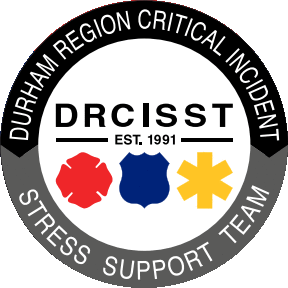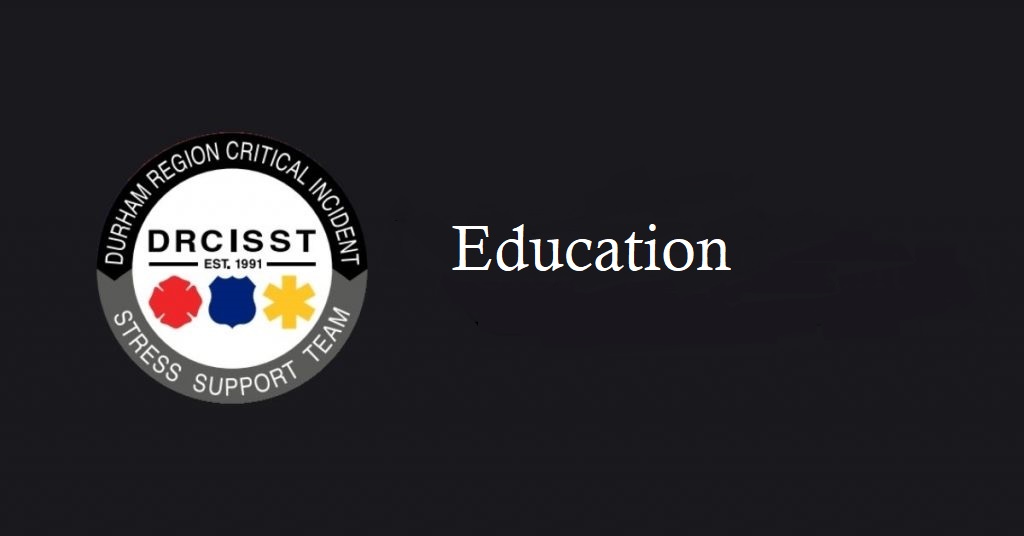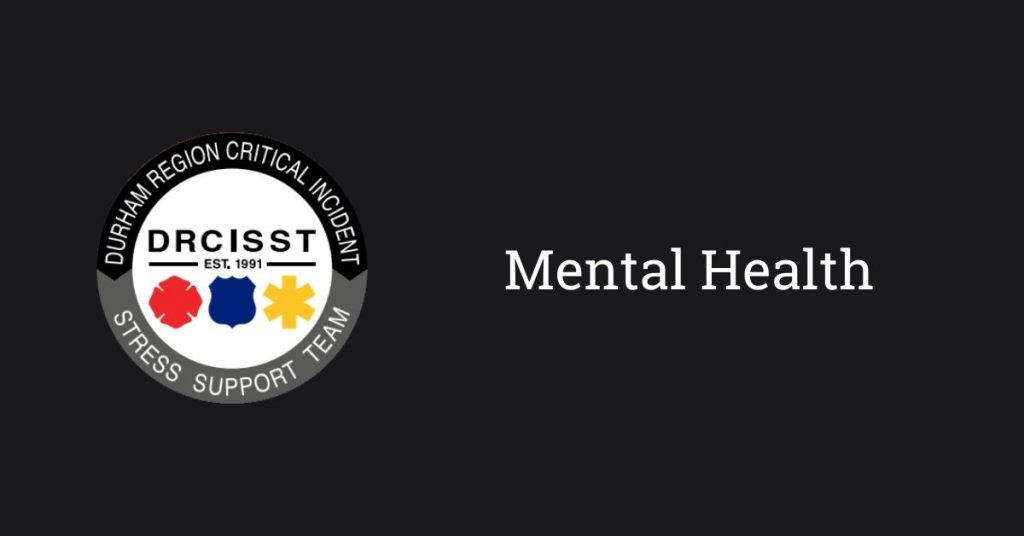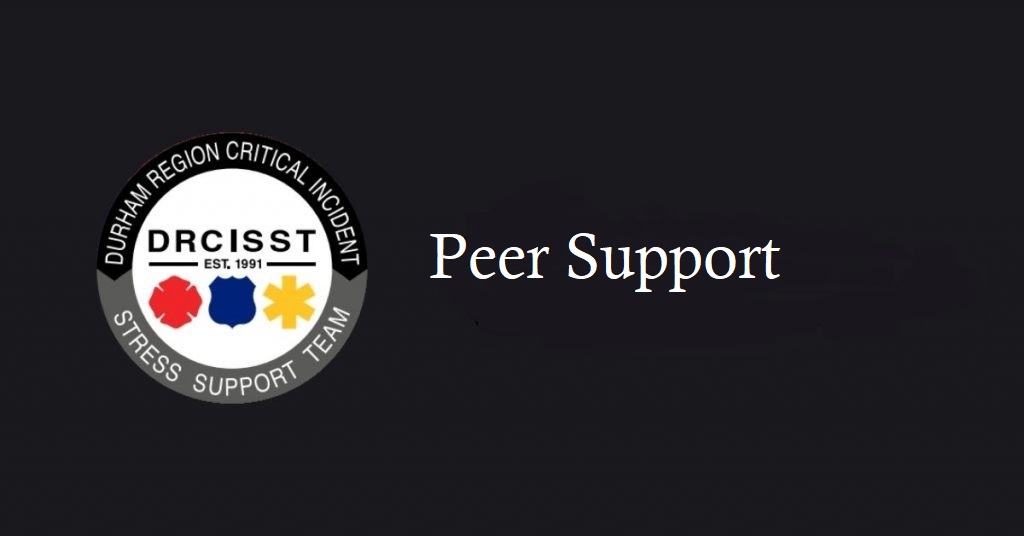* Teams should be exactly that – teams not individuals
* Membership includes front line emergency responders
* Teams should have some formality evidenced by a protocol or operating guideline. The document should:
- Provide a description of team member roles (i.e. responsibilities, selection criteria, term, discipline, etc. and must include leadership positions for both administration and operations.
- Describe minimum training requirements for members and identification of ongoing training programs.
- Define the teams service area and client group
- Indicate that team services are provided to your members based on your policies
- Define mental health “oversight”(eg: debriefings) and describe how appropriate mental health “guidance” is in place for team members
- Clearly describe the process and service model(s) used (i.e., ICISF model, etc.)The model(s) should be definable in readily obtained current literature and supported by a recognized organization.
- The protocol or guidelines should describe intervention modalities that include as minimum pre-incident information, small and large group crisis intervention, one-on-one services, spousal/family support, and follow-up services, as well as describing day-to-day operations and disaster protocol.
- All active team members must have received appropriate training in the team’s process model of choice by an instructor(s) recognized by the organization supporting the model. ICISF is currently the model of choice for emergency personnel in the Province of Ontario
- Team members should have appropriate photo ID.
- Teams should keep minimal records e.g., budget, program evaluation, service records, etc.
- Teams should have appropriate referral contacts readily available.
- Team members should participate in a minimum of 4 defusing/debriefings per year either mock or real
- Teams members should meet a minimum of 4 times per year outside of mandatory training.





